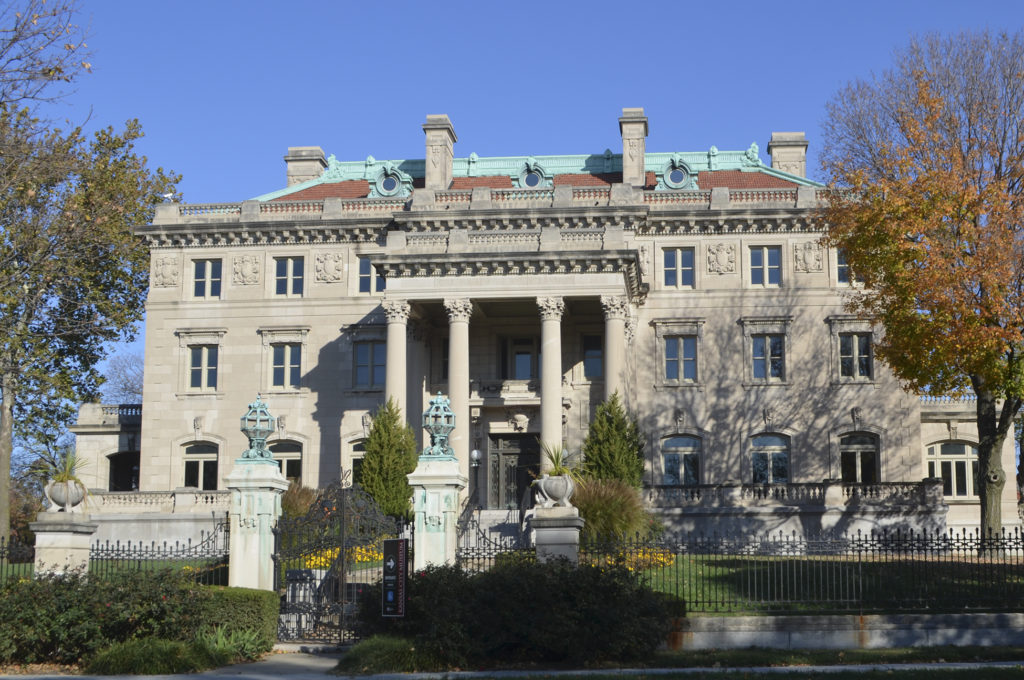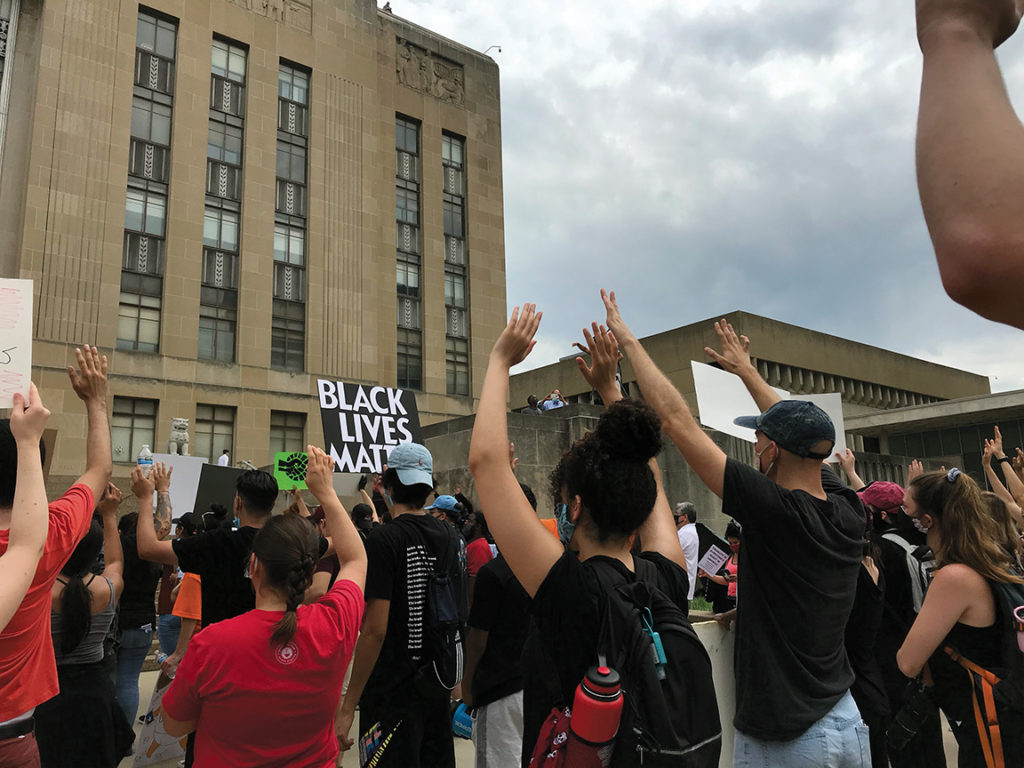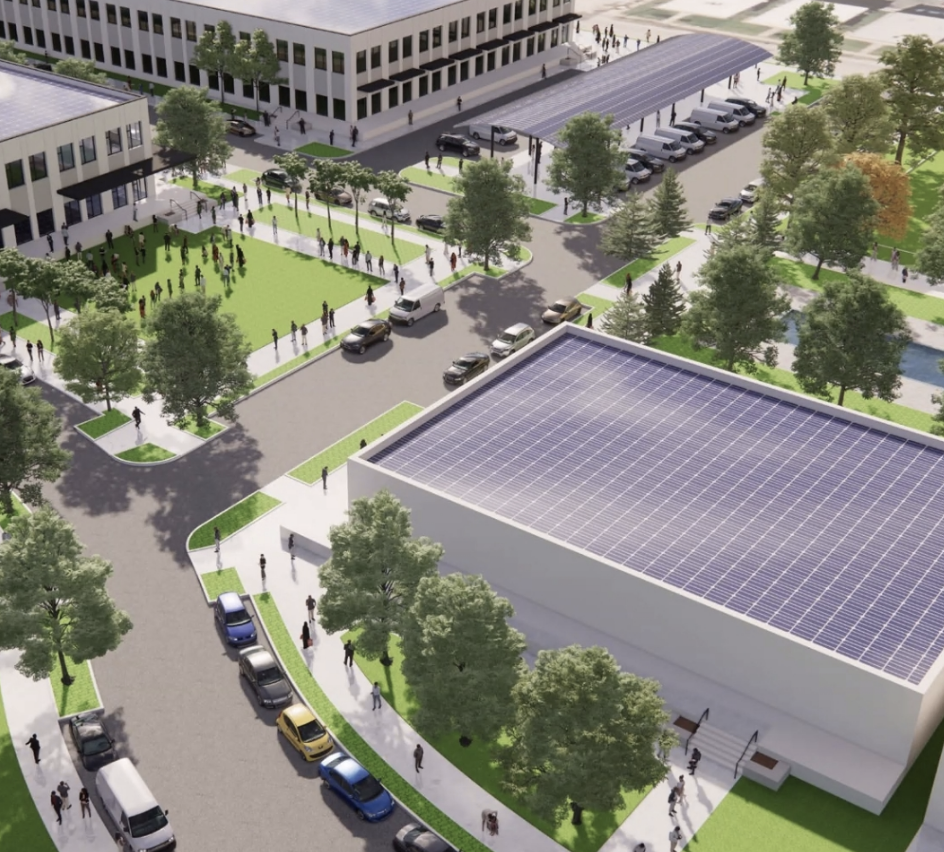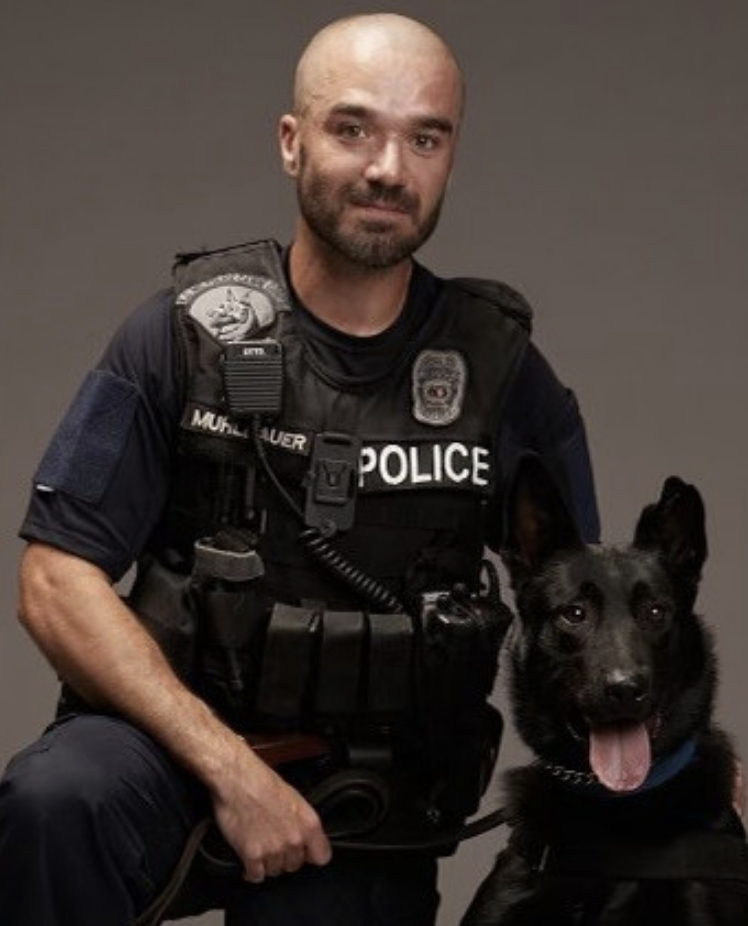
Abby Hoover
Managing Editor
The Kansas City Museum is collecting items representing this moment in the city’s history as protests of police brutality and the COVID-19 pandemic persist.
“We’re trying to find things that would help the museum tell the story of 2020 in the future,” Collection Specialist Kate Warfield said.
The museum is collecting posters, t-shirts, handmade face masks, and other items representative of the times.
“That’s going to be important in 50 years when people, children or adults, are learning about what happened during this year, during this time, and being able to have an object to demonstrate it,” Warfield said. “I think it’s going to be a pretty powerful story.”
When the museum initially opened in the 1940s, the main focus was on science, anthropology, natural history and history.
“This is not a new area of collecting for the museum,” Warfield said. “However, we don’t have anything related to the 1918 flu. We’re kind of wishing we had an object to help illustrate that for Kansas City, so we’re trying to remedy that for future Kansas Citians.”
The museum has collections related to the AIDS pandemic, handmade signs from farm worker strikes in the 1970s and when Cesar Chavez visited Kansas City.
Warfield said it is easy to get so overloaded that it can be hard to take a step back and take in the moment. It is their job as historians and curators at the museum to try to understand the bigger picture with small, everyday objects.
“I also think that things like pandemics and protests are harder to talk about, especially after we get on the other side of them,” Warfield said. “A lot of times we want to put that behind us and move forward in a more positive light.”
The future of the museum will include more cultural heritage, using a restorative justice methodology.
“Sometimes these things aren’t easy to talk about or easy to recognize as history because it’s a weighty topic,” Warfield said. “Even though it’s hard, we need to talk about it, and we’re going to need to talk about it after it’s over.”
The museum will host a series of conversations and programs for Kansas Citians to connect, process and heal from the pandemic, economic crisis and social awakening about the realities of systemic racism.
“It’s all about telling the whole story, all stories, for us it’s the untold stories,” Director of Programs and Events Paul Gutiérrez said.

The Restore KC Initiative is a partnership between the museum, Bruce R. Watkins Cultural Heritage Center, Black Archives of Mid-America, University of Missouri – Kansas City’s (UMKC) Center for Neighborhoods, United Nations Educational, Scientific and Cultural Organization (UNESCO) Creative City – Kansas City, and One Kansas City Radio.
“Everything’s history, past, present, future,” Gutiérrez said. “Our job is how we collect artifacts and work with the community to tell those stories. We have to know the past to know where we’re going in the future.”
Physical renovation and restoration at the museum’s Corinthian Hall have been complete for about a year.
“We gave ourselves enough time to see how the house would breathe under this new infrastructure,” Gutiérrez said of how the new plaster, temperature control and other changes would react to the different seasons.
Currently, a script writer is working on writing all of the content, and casework and panels are being fabricated for displays.
The museum faced a setback due to COVID-19 in postponing the search for operators and managers for the restaurant, cafe and lower level billiards barroom after the service and hospitality industries were hit hard by mandated closures.
“We have to rethink how we make it attractive for someone to come into our space for that, because the new guidance we have for restaurants and the new physical distancing and capacity, that’s all in the works now,” Gutiérrez said.
They hope to re-issue the letter of intent and request for qualifications this summer.
The museum is scheduled to reopen in 2021. In the meantime, the museum staff is working to expand the curriculum for its community learning program.
The museum held 12 community input sessions throughout the city, asking residents what they would like to see in the future of museum programming.
The top three interests were festivals, field trips and integrational public programming.
Annual events like summer concerts, the Dia de los Muertos celebration and Fairy Princess visits are still up in the air as COVID-19 continues to make the future of gatherings uncertain.
Although other area museums are reopening, the museum’s temporary location in the Garment District is still closed. It is scheduled to return within Phase 3 of the city’s reopening plan, hopefully in August.
Those with items from recent protests can email Warfield at katherine.warfield@kcmo.org to contribute to the museum’s collections that have been growing since 1938.
“These types of materials that we’re looking for to document 2020 are homemade cardboard signs,” Warfield said. “People oftentimes don’t think that’s valuable to be saved and we’re trying to get ahead of that and make sure that we have something to tell the story. We’re trying to tell the complete story, we’re not trying to pick a side.”
For more information about the museum’s renovations and plans, visit makingamuseumkc.org.


















